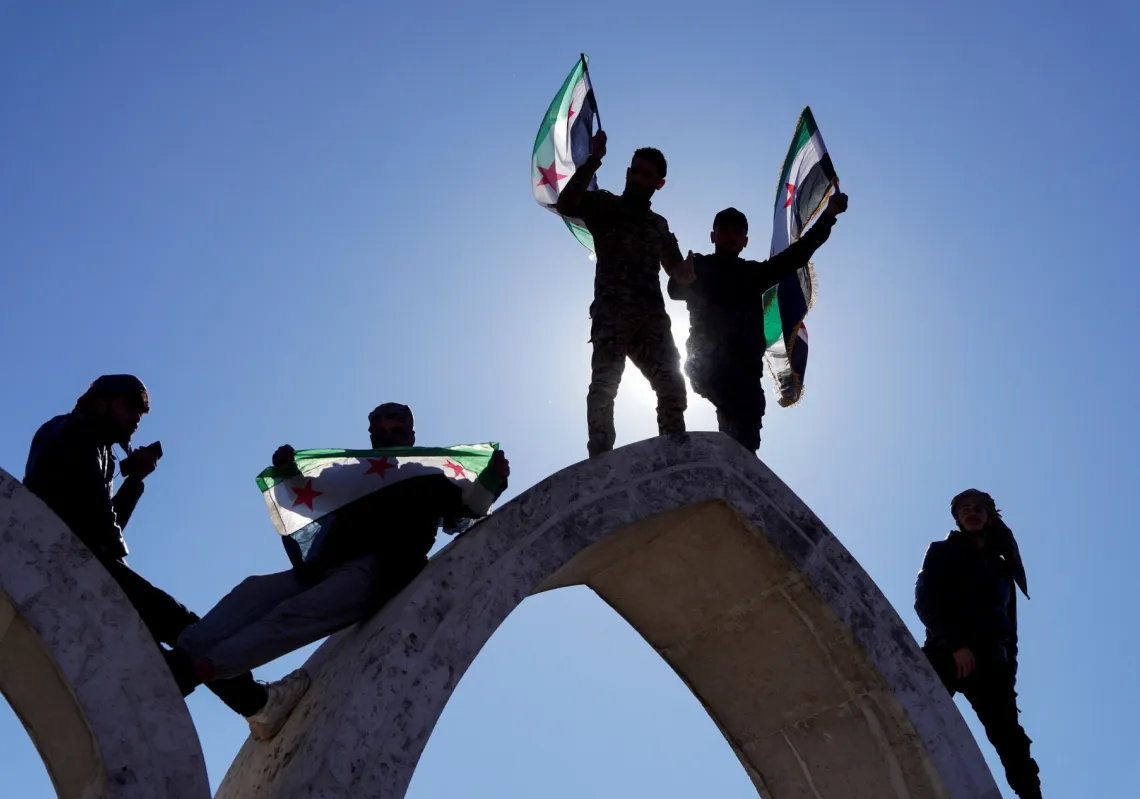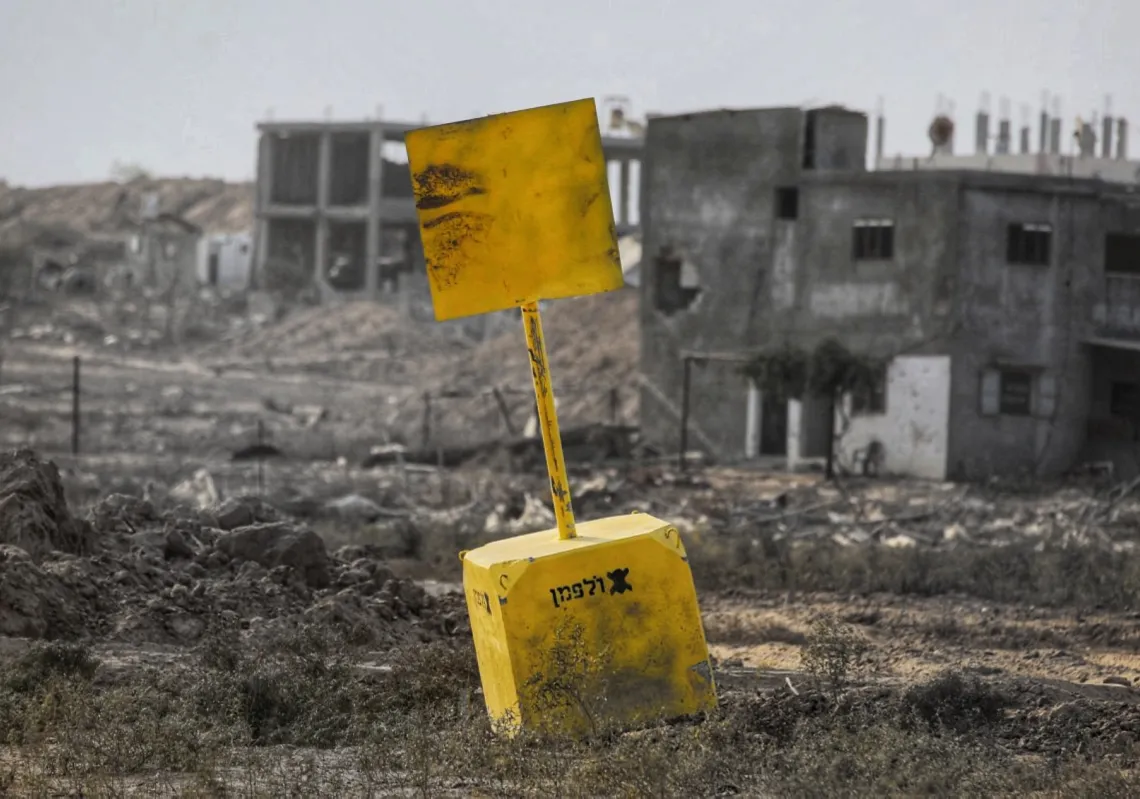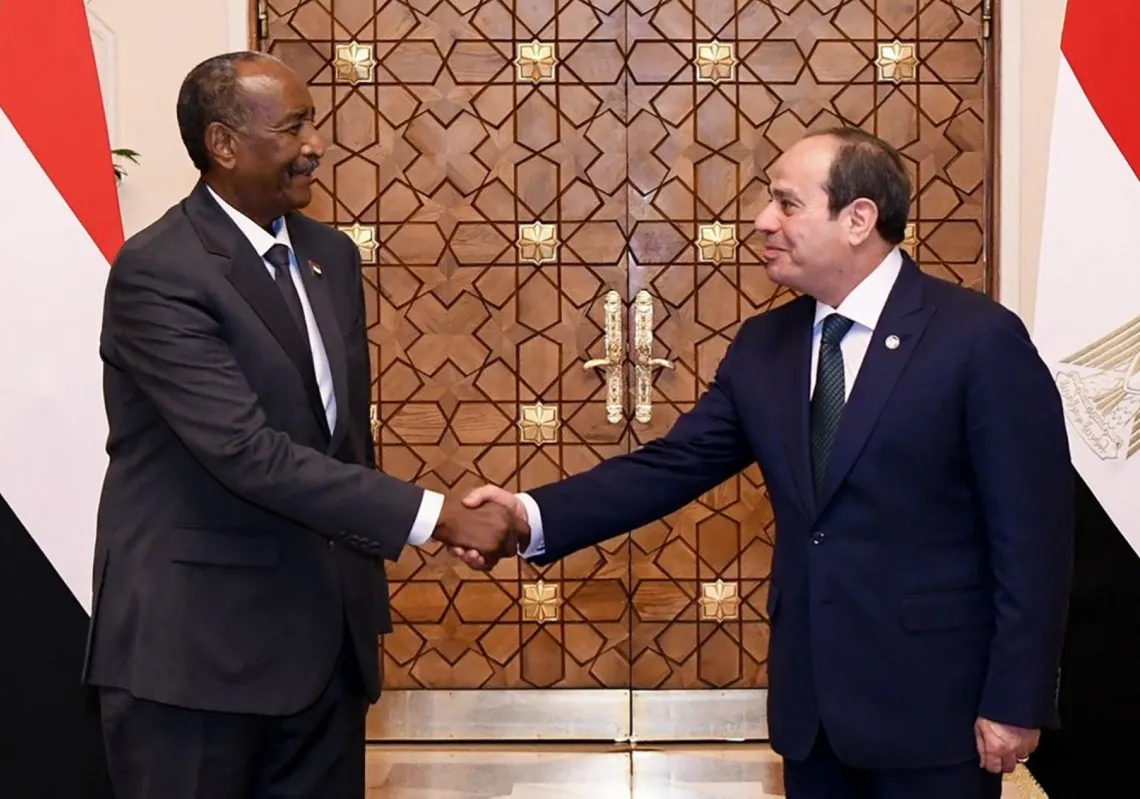 Still from Jews of Egypt with Mounir Murad Source: Amir Ramses[/caption]There is no census that would give us the exact number of Jewish people living in Egypt today. We do know, however, that during the British Mandate and under King Fuad I of Egypt, Egypt’s Jewish population stood at approximately 80,000 and consisted mainly of people who had escaped increasingly anti-Jewish sentiments and persecutions in Europe. Most of them have never been given Egyptian nationality. By the end of 1940s, this number decreased by approximately 50 percent due to the 1948 Arab-Israeli war. After the Suez Crisis of 1956 and forceful expelling of the Jews in Egypt, their population dropped to 25,000. By the end of 1990s there were less than 100 Jews living in Egypt. While many Jews fled the country, some chose to convert to Islam or Christianity. A few of those who stayed kept their own religion. Amir Ramses' documentary Jews of Egypt explores the social and political triggers behind the significant decline of Egypt’s Jewish population.
Still from Jews of Egypt with Mounir Murad Source: Amir Ramses[/caption]There is no census that would give us the exact number of Jewish people living in Egypt today. We do know, however, that during the British Mandate and under King Fuad I of Egypt, Egypt’s Jewish population stood at approximately 80,000 and consisted mainly of people who had escaped increasingly anti-Jewish sentiments and persecutions in Europe. Most of them have never been given Egyptian nationality. By the end of 1940s, this number decreased by approximately 50 percent due to the 1948 Arab-Israeli war. After the Suez Crisis of 1956 and forceful expelling of the Jews in Egypt, their population dropped to 25,000. By the end of 1990s there were less than 100 Jews living in Egypt. While many Jews fled the country, some chose to convert to Islam or Christianity. A few of those who stayed kept their own religion. Amir Ramses' documentary Jews of Egypt explores the social and political triggers behind the significant decline of Egypt’s Jewish population.
[inset_left]Amir Ramses' documentary Jews of Egypt explores the social and political triggers behind the significant decline of Egypt’s Jewish population.[/inset_left]
Jews of Egypt looks at the lives of Jews in Egyptian society before and after two crucial dates: 1948 and 1952. In 1948, the war in Palestine brought an end to the British Mandate and gave birth to the State of Israel, increasing anti-Jewish sentiments across the Arab World. In 1952, a military coup by the Free Officers Movement in Egypt abolished the constitutional monarchy, ended the British occupation of Egypt, and started an era of nationalization programs. This was topped with a series of forced expulsions during the 1956 Suez crisis and the Arab–Israeli war in 1967.
Within that short period of time, the transformations that were taking place in the country and the region had ignited a new ideology as a basis for social and political behavior, which has affected lives of Jews all over the world. “It is natural that revolutions and major political changes affect the social atmosphere of any country. The general climate of the 1950s and 1960s in Egypt pushed many Egyptian Jews to an either chosen or forced exile,” director Amir Ramses told The Majalla.
Amir Ramses began his research on Egypt’s Jewish community in 2008. “I wanted to create a portrait of Egypt and how it has changed, how perceptions of the community have evolved in relatively short time. We started shooting in 2009, moving from one interviewee to another. In Egypt, we met those very few who remained in the country, and in France we talked with children of those who left the country mostly in the 1950s and 1960s,” he says. The footage collected in Jews of Egypt is rich in interviews gathered from Egypt and France.
A few short opening interviews conducted by the director with today’s Egyptians underscore the mix and match of concepts. One young person comments on Jews being “enemies of Islam in everything,” while an older man states that “the Jews as people want to be part of their society; Zionists are different. Jews are not Zionists.” A lecture given by Mohamed Abul-Ghar, author of Jews of Egypt: From Prosperity to Diaspora, serves as an important introduction to the documentary. Abul-Ghar frequently re-appears in the film with in-depth depictions of the historical and social realities.
[caption id="attachment_55237690" align="alignright" width="300"]
 Still from Jews of Egypt. Source: Amir Ramses[/caption]
Still from Jews of Egypt. Source: Amir Ramses[/caption]
Ramses’s film recalls a number of significant figures in the Egyptian society who were Jews. Among them are artists and performers like singer and actress Leila Mourad (1918–1995), musician Mounir Mourad (1922–1981), actress Nagwa Salem (born Ninette Shalom), and renowned Alexandrian filmmaker and one of the founders of film industry in Egypt, Togo Mizrahi (1905–1986). His film also examines the lives of Jewish business figures such as Joseph Cicurel (1890–1963), one of the founders of Misr Bank and owner of large department stores. Unsurprisingly, Jews of Egypt also highlights Jewish politicians and activists such as Youssef Darwish (1910–2006) and Chehata Haroun (1919–2001), who underscored their Egyptian identities through fighting against Zionism, along with Henry Curiel, the co-founder of the Democratic Movement for National Liberation, who was born in 1914 and assassinated in Paris in 1978.
In Egypt, Ramses interviews renowned Jewish leftist Albert Raeel, who refused to leave the country. Equally, many of the interviewees who are now living in France remember their childhood spent in Egypt fondly. For instance, French journalist and specialist on the Middle East Alain Gresh recalls his teen years in Egypt with warmth, as a time that did not know religious divisions.
Jews of Egypt goes beyond the exodus of the Egyptian Jews, the mixed convictions of the Egyptians, or political talking points The director provides a much wider historical perspective, shedding light on a cosmopolitan society that starts closing on itself, the escalation of prejudices and taboos, a growing mix of religious and political views that lead to rejecting the others, and nationalization. Just as important is Ramses’s depiction of the Israel–Arab confrontations and the rising collective inability to distinguish between Jews, Israelis, and Zionists.
Ramses tries to avoid making any direct political statements in his film. However the film’s narrative is clearly politicized in its exploration of the Zionist movement in Egypt at a time when the Muslim Brotherhood and fascist leaning Misr Al-Fattah (Young Egypt party) were fueling hatred towards Jews on the basis of the ongoing Palestinian–Zionist struggle. As such, Jews of Egypt becomes an important historical lesson, stirring up many valuable thoughts on Egyptian identity and how it was, and continues to be, affected by a variety of emerging political or religious currents.
The avant-première screening of Jews of Egypt was held on 6 October 2012, during the 5th Panorama of European Film organized annually by Misr International Film in Cairo. The film also took part in the Arab Camera Festival in Rotterdam, Netherlands on 28 November–2 December 2012, where it was screened out of competition. Most recently, Jews of Egypt was screened at the Palm Springs International Film Festival (3–14 January 2013).
According to Ramses, the film was very well received in Egypt and abroad: “The international audiences looked at the film’s core topic, while during discussions with audiences in Egypt, many parallels were drawn to the current situation in the country.” Ramses is referring to the significant changes that have taken place since the January 2011 revolution, and which have affected the social and ideological arenas. It also drove many people to consider a life outside Egypt. The official premiere of the movie in Egyptian cinemas is planned for mid-February. According to Ramses, the film will have international screenings in Belgium and Morocco in April, followed by screenings in the US. It will be interesting to see how the Egyptian and international audiences and critics will receive Jews of Egypt, and especially how these viewers interpret certain timely themes echoed in Ramses’s film, such as defending the Egyptian identity in the midst of political turmoil or complying with its social and religious pressures.








